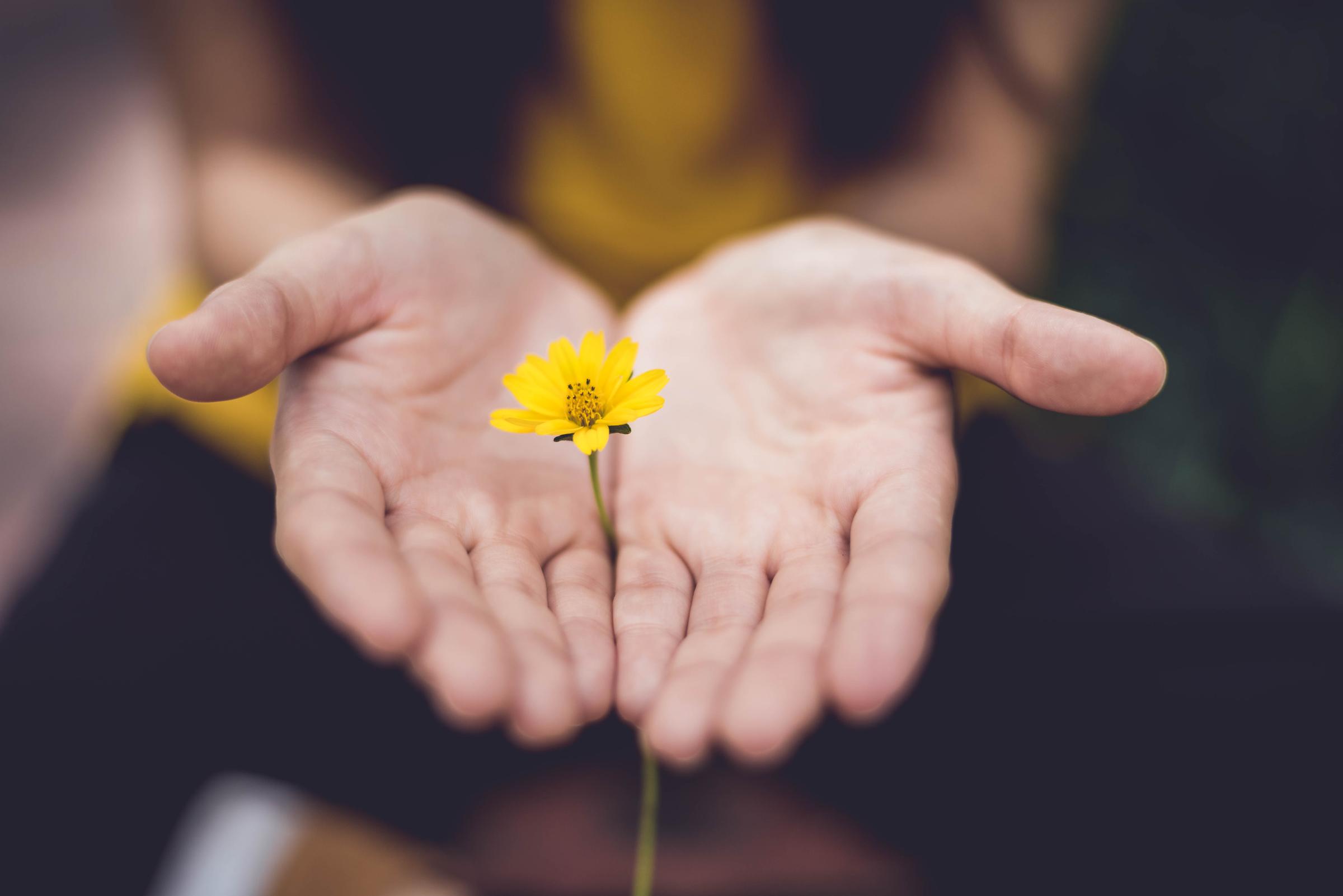Wellbeing

Restorative Practices: A Consistent Approach to Relationships and Repair
At the heart of our school’s wellbeing approach is Restorative Practice which is a whole-school approach to relationships and behaviour. It is a way of thinking and working that helps us build a strong sense of connection, community, and accountability with all members of our community.
Our aim is to create consistency. Whether a student is in Year 7 or Year 12, they should experience the same relational and respectful approach to behaviour, learning, and conflict. When staff use similar language, expectations, and processes, students feel safer, more supported, and more likely to take ownership of their actions.
Restorative Practices are grounded in a simple but powerful idea: relationships matter. They are central to learning, behaviour, and wellbeing. When harm happens, whether it is a misunderstanding, a conflict, or disengagement - we do not rush straight to consequences. Instead, we ask:“Who has been affected, and what do they need?”
We move away from a punitive mindset that focuses on “What rule was broken?” and shift towards repairing harm, restoring trust, and re-engaging students with their learning and community. This does not mean ignoring consequences; it means involving students in understanding the impact of their behaviour and giving them a voice in making things right.
Our commitment to Restorative Practice also reflects who we are as a Catholic school. We believe each person is made in the image of God, with inherent dignity, the capacity to change, and a need for community. Restorative conversations and practices remind us of the power of forgiveness, reflection, and growth, not just for students, but for all.
Already, we are seeing a shift. Students are beginning to understand that making mistakes is part of learning, and that taking responsibility builds stronger relationships. Staff are embracing the shared language and tools that Restorative Practice provides, whether it is a quick check-in, a circle, or a guided conversation after conflict.
This is a journey we are on together. With time, consistency, and care, we are continuing to build a school culture that does not just respond to behaviour, but nurtures relationships, resilience, and a deep sense of belonging.
Ms M Theodosis
Wellbeing Coordinator
